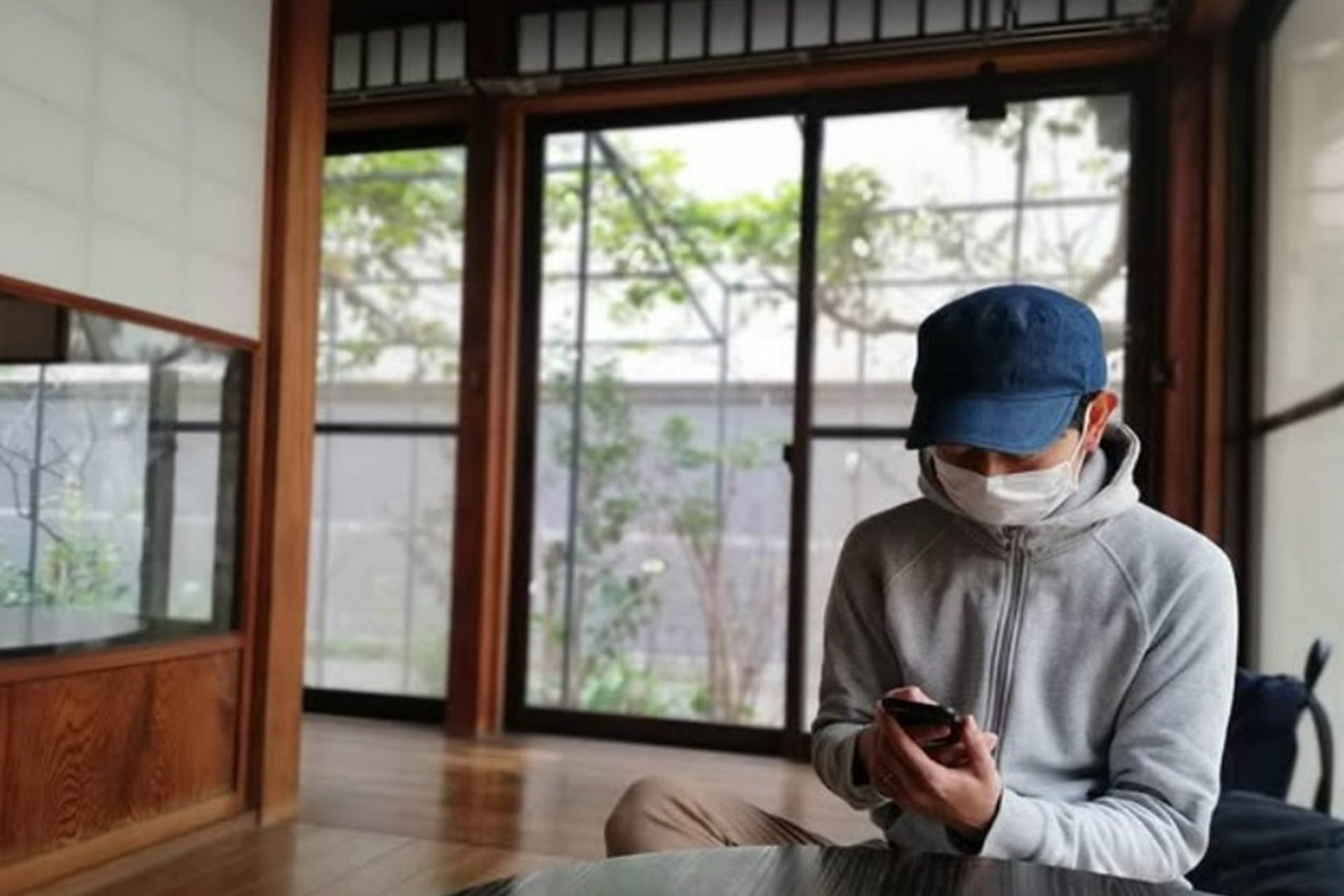Tips to prevent your phone or computer from overheating
When dealing with hot weather or a heatwave, it is important to keep an eye on our electronic devices. The heat can hurt computers, tablets, and phones up to the point of breaking them. Here we give you some tips to minimize this overheating.
A computer is made up of parts that nearly all release heat. If it gets too hot, the performance of these parts and the computer as a whole can be reduced. You can recognize problems from the incessant noise of a fan blowing in the machine, at full power, to regulate overheating.
If you're using a laptop, don't leave it plugged in all the time. While this may deteriorate the battery, it also prevents overheating.
Follow Showbizz Daily to see the best photo galleries every day
The more applications or tabs you have running at the same time, the more your computer will have to work and heat up.
To know which applications require the most work from your software, you just have to take a look at the task manager. To do so, press the Ctrl+Alt+Delete keys simultaneously.
You also need to remove any obstacles that prevent airflow around (and below) the computer. Leave 5 to 8 cm (2-3 inches) of empty space on each side and remember to lift up the machine. Specially designed supporting products are available for this purpose.
Image: Fnac-com
In a laptop, the case is smaller than in a PC, which causes the heat to become less dispersed. One solution is to place it on a special, ventilated support panel connected via USB. Its fans will help reduce the heat.
Image: Amazon
Dust is your computer's nightmare. It gets absorbed directly, after which it settles on the fan and other machine parts. The dust causes poor ventilation. To remove it, you will need a dry air pump and a microfibre cloth. Monthly cleaning is sufficient. Don't forget to dust the USB ports.
You can manually adjust the fan speed of your computer. For Macs, the easiest way is to install software for it. For PCs, you will have access to it from the settings.
The fuller your hard drive is, the more your computer has to work and will overheat. A good opportunity to sort things out.
This is a curious trick that seems to work. The heat is mainly concentrated in one place, between the keyboard and the screen. Take coins and line them up between the screen and the top of the keyboard, where the heat is strongest. The copper pieces will distribute the heat rather than leaving it concentrated in one place.
Image: akinori_suzuki / X (Twitter)
Mobile phones do not like heat any more than we do. The components are designed to operate between 0 and 35°C (or 32-95ºF). A phone in direct sunlight and switched on (or charging) can easily reach 50°C (122ºF). To check the battery temperature, you can download a specific app.
It is good to remember to keep your device out of direct sunlight. If you are outdoors, leave it in your bag, for example.
If you use it, it is also better to remove the shell or any accessory that surrounds your phone, as it tends to increase the heat.
These apps will make the phone work more intensely and therefore lead to overheating. Find out which apps are using the most battery by going to Settings > Battery > Use details.
These internal chips can cause your device to heat up unnecessarily. If you're not using them, turn off WiFi, Bluetooth, NFC, and GPS to gain a few degrees in temperature.
Finally, try to use as much as possible the official charger supplied with your phone. Other chargers may increase the temperature of your device and damage the battery. This will cause it to overheat faster.
Follow Showbizz Daily to see the best photo galleries every day




























